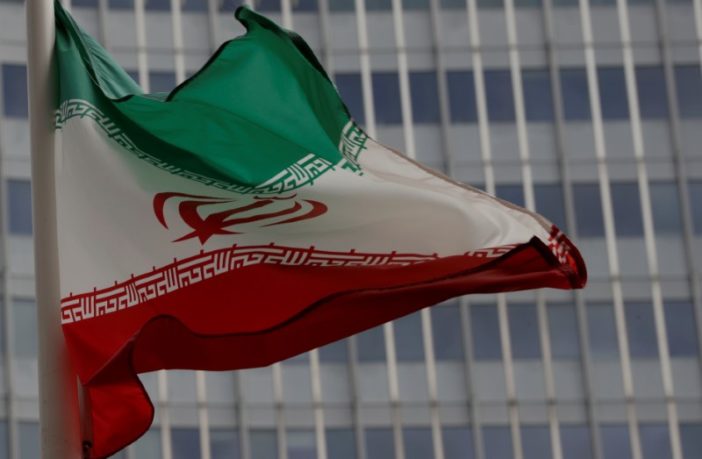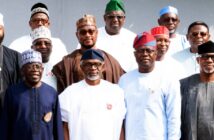The United States on Thursday said it will allow Russian, Chinese and European companies to continue work at Iranian nuclear sites to make it harder for that country to develop a nuclear weapon but has imposed sanctions on Iran’s nuclear entity and its top official.
The Trump administration, which in 2018 pulled out of the 2015 Iran nuclear deal and reimposed sanctions on Iran, will let the work go forward by issuing waivers to sanctions that bar non-U.S. firms from dealing with the Atomic Energy Organization of Iran.
The waivers’ renewal for 60 days will allow nonproliferation work to continue at the Arak heavy-water research reactor, the Bushehr nuclear power plant, the Tehran Research Reactor and other nuclear cooperation initiatives.
“We will closely monitor all developments in Iran’s nuclear programme and Secretary (Mike) Pompeo can end these projects as developments warrant,” Brian Hook, U.S. special representative for Iran, told a news briefing.
The United States on Thursday also placed Ali Akbar Salehi, head of the Atomic Energy Organization of Iran (AEOI), and the organisation itself under U.S. sanctions, Hook said.
“The Atomic Energy Organization of Iran has played a big role in Iran breaching its key nuclear commitments. It has exceeded the limits on its uranium stockpile and enrichment levels. The head of AEOI personally inaugurated the installation of new advanced centrifuges to expand its uranium enrichment capacity,” Hook said.
The decision to sanction Salehi and the AEOI would have an impact on Iran’s civilian nuclear programme because it has operational control over the programme, including purchasing parts for nuclear facilities.
DISAGREEMENT
Under the 2015 deal between Iran and six world powers – Britain, China, France, Germany, Russia and the United States – Tehran agreed to limit its nuclear programme in return for the lifting of economic sanctions that had crippled its economy.
Trump unilaterally abandoned the deal in May 2018, and reimposed U.S. sanctions in a “maximum pressure” campaign designed to force Iran to return to the negotiating table.
Washington in November terminated the sanctions waiver related to Iran’s Fordow nuclear plant after Tehran resumed uranium enrichment at the underground site.
There had been a great deal of lobbying in Washington to stop the latest waivers as President Donald Trump seeks to exert more pressure on Iran. It was not immediately clear why Washington had decided to extend the waivers.
A Western diplomat said there was disagreement within the administration on the waiver decisions. “There was a difference of opinion between the U.S. Treasury and State Department. The Treasury won,” the diplomat said.
“There is an appetite for more sanctions, so this was a surprise; but others argue that these waivers are vital to ensure nonproliferation.”
The diplomat said the United States had likely opted to extend the Bushehr waiver because the Russian company targeted also provides nuclear fuel to U.S. facilities, causing a potential sanctions headache for the administration.




